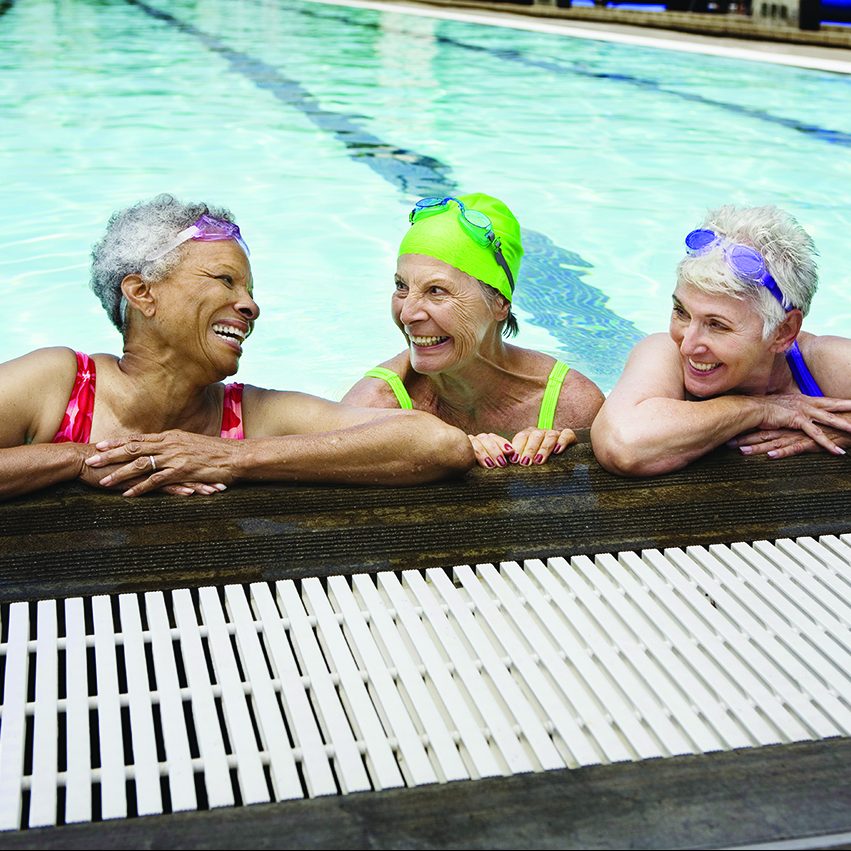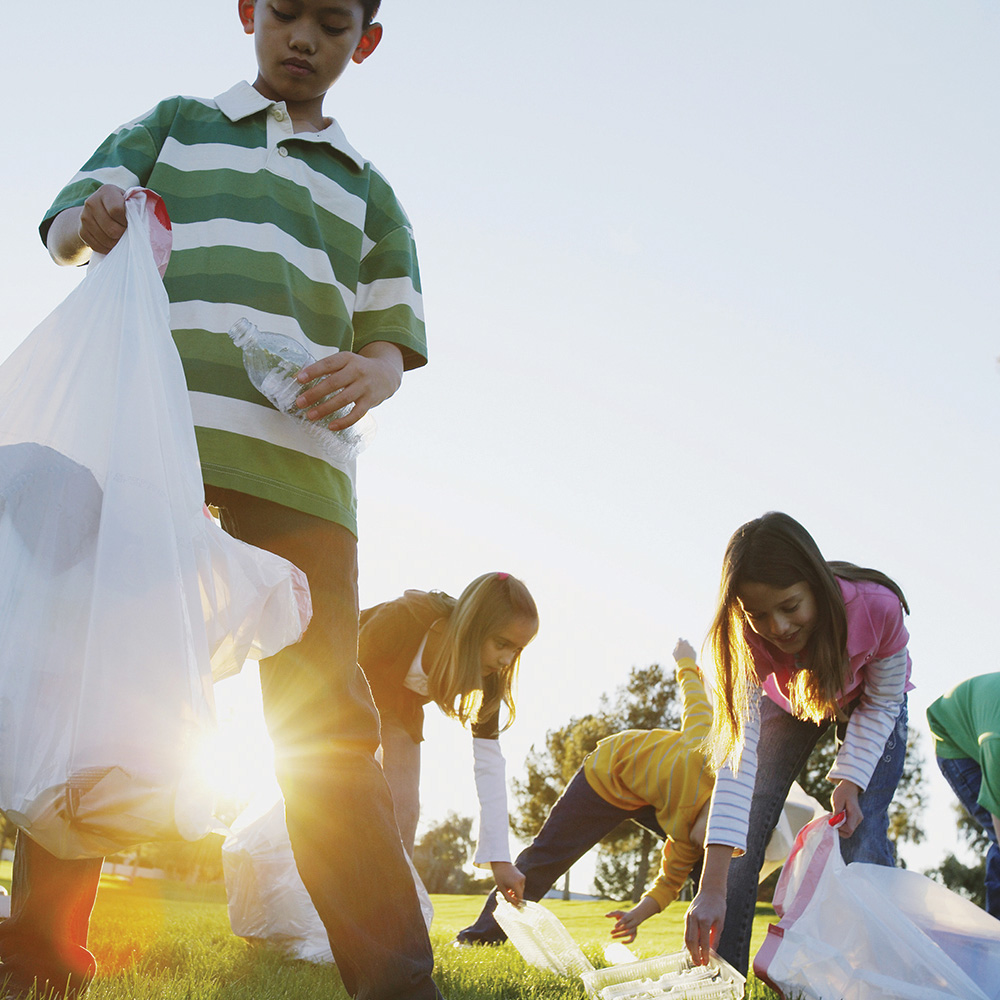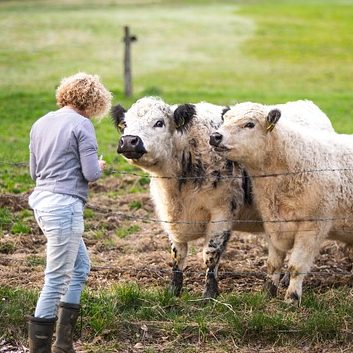After the rush of the holiday season has largely ended, and the excess of the season starts to weigh on celebrants’ minds, it is customary for many people to start thinking about the changes they want to implement in the new year. According to a Pew Research Center survey of United States adults conducted in January 2024, 30 percent of people reported making at least one resolution, with half of this group making more than one. The survey also found that young adults are the most likely to make New Year’s resolutions, with 49 percent of those between the ages 18 and 29 saying they have made a resolution.
It’s never too early to start thinking about what to improve upon in 2025, or which goals to set. Here are some common resolutions and how to implement them.
Exercise More
Getting in shape is one of the most popular New Year’s resolutions every year. Gym memberships spike and people often invest in home exercise equipment around this time of year. According to the American College of Sports Medicine, wearable technology continues to be a top trend in fitness and has been a mainstay since 2016. While Fitbit and the Apple Watch series have remained strong contenders, one also may want to invest in the Garmin Vivomove, which boasts wireless charging. Tracking fitness goals can keep those resolutions going strong.
Improve Mental Well-Being
Getting in shape is not the only health-related goal this time of year. Mental health also comes into play when people make their resolutions. Taking opportunities to slow down and be more mindful can help. One way to do so is through journaling. Human behavior expert and author Natalie Friscia Pancetti, says journaling reduces stress, helps with anxiety, encourages confidence, and can improve perceptions. This is why she developed a journal with inspirational writing prompts as a companion to her “This Too” book and planner.
Quit Smoking
Quitting smoking is a worthy goal. Health care experts know smoking is the leading cause of lung cancer and has been linked to more than 27 diseases. Many people want to quit smoking, but the Mayo Clinic says only about 5 percent of people who try to quit succeed without a smoking cessation product. Nicotine replacement items are some of the most popular smoking cessation tools. For those who want to go drug-free, Füm is a device that addresses the three major components of habit formation that occur with smoking. Employing flavored air, the device replaces the fixation of the hand-to-mouth habit with non-addictive plant extracts that are inhaled, simulating smoking without the negative effects.
Learn A New Language
Learning a new skill or language is another popular resolution. Today there are many apps available to help people learn one or more new languages. From Duolingo to Babbel to Memrise, there are programs available whether one is a visual learner or wants to jump right into specific phrases.
Many people get a jump-start on identifying their resolutions in early- to mid-December so they’ll be ready to move forward come New Year’s Day.














